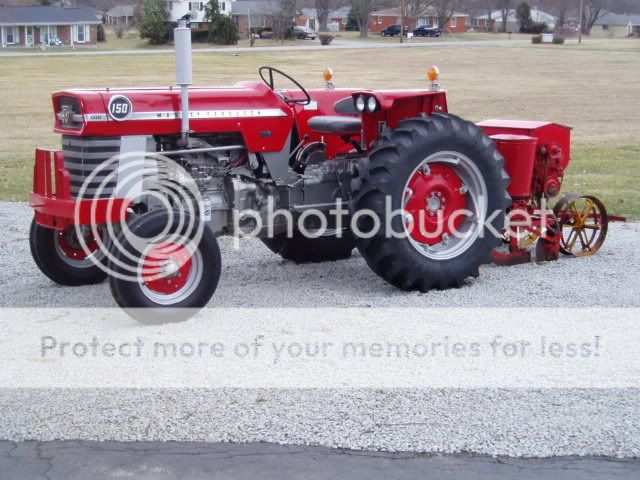I am looking for a tractor to do either plow and disc with and or use with a properly sized rotovator
This tractor will be used on only about 1 to 5 acres depending on how much fun I am having. Also planing to get a Farmall Super A or 140 to do the cultivating for me.
I am considering a MF 135 or MF 165 or a International 560 with a 3pt am conserned because of the TA. Would appreciate you thoughts
Thanks Bill
This tractor will be used on only about 1 to 5 acres depending on how much fun I am having. Also planing to get a Farmall Super A or 140 to do the cultivating for me.
I am considering a MF 135 or MF 165 or a International 560 with a 3pt am conserned because of the TA. Would appreciate you thoughts
Thanks Bill


